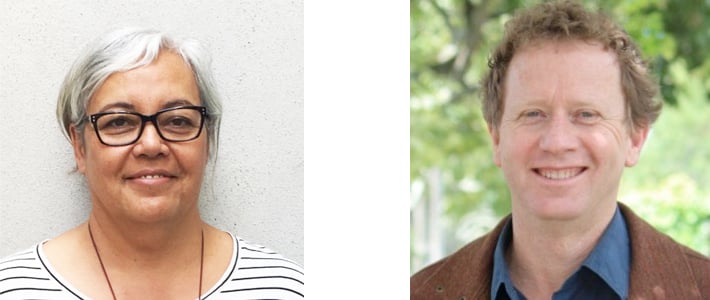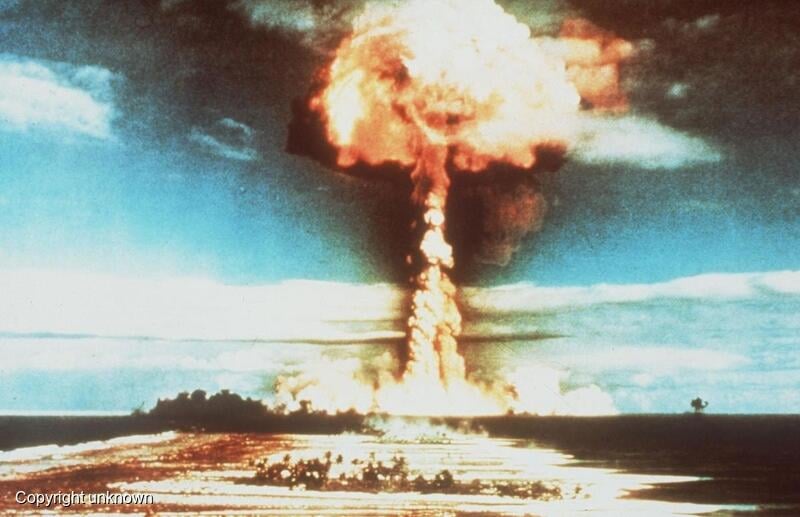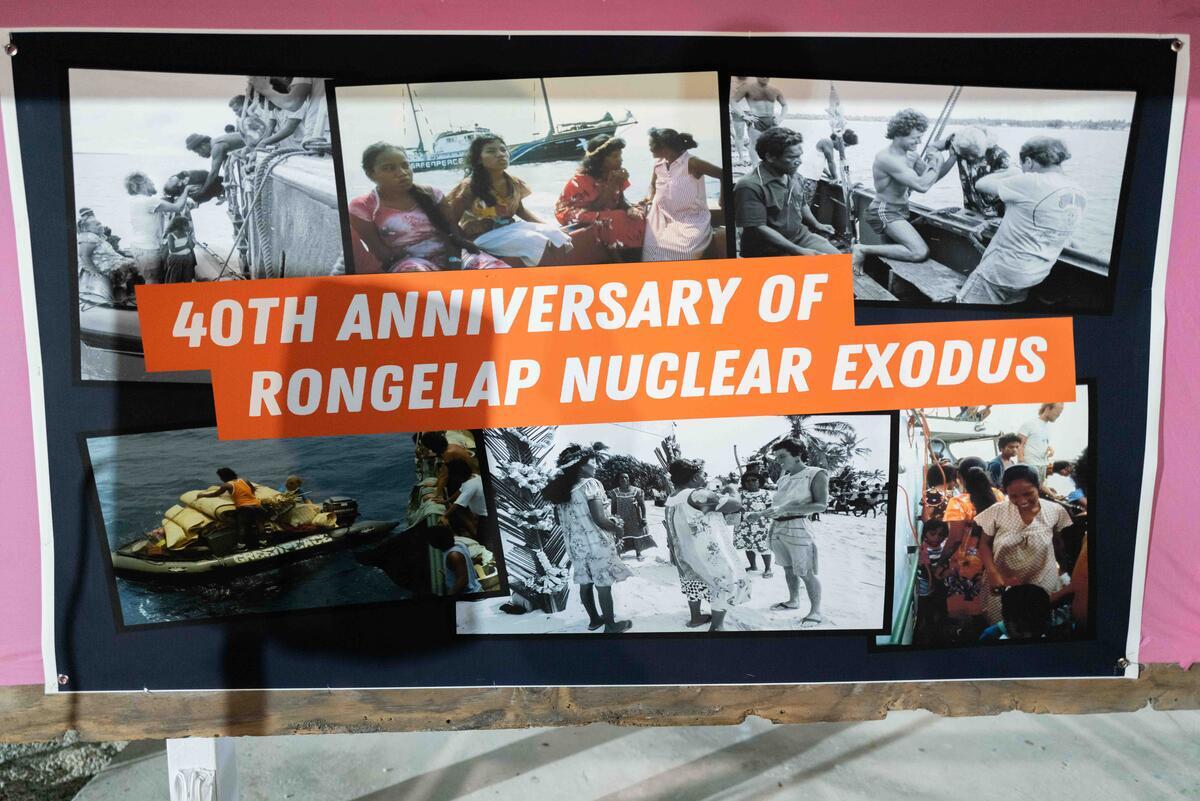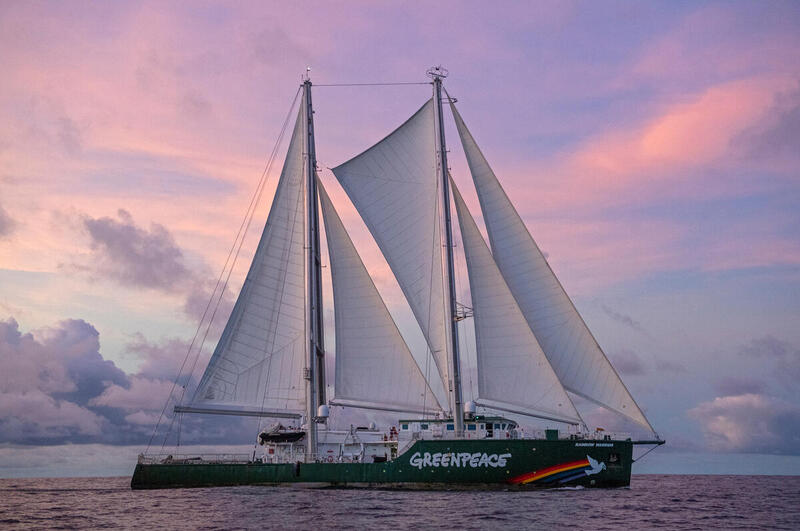At our annual general meeting in 2020, the Greenpeace New Zealand Board of Directors proposed an organisation name change from “Greenpeace New Zealand” to “Greenpeace Aotearoa”. The name was officially changed with Charity Services in November 2020.
Our name change is an acknowledgement of the colonial history of this country. It is intended to be one visible signal that a green and peaceful future cannot be achieved without respect for indigenous rights.
Greenpeace Aotearoa recognises Te Tiriti o Waitangi, signed in Te Reo Māori on 6 February 1840 as the foundation for the relationship between the Crown (and so the New Zealand Government) and the indigenous hapū of Aotearoa.
Greenpeace Aotearoa recognises that Te Tiriti o Waitangi affirmed the sovereignty of tangata whenua, which has never been relinquished despite the violent colonisation of Aotearoa.
Consequently, Greenpeace Aotearoa recognises the need for constitutional transformation in order to put the intention of Te Tiriti o Waitangi into practice in this country.
Greenpeace is an independent, global organisation, operating in over 50 countries and regions around the world. Our mission is to ensure the ability of the earth to nurture life in all its diversity.
At the heart of our work, we seek to change the way we humans relate to nature and to each other, and to dismantle the broken systems and global power structures that have failed us.
Much of that broken and destructive system rests on a history of brutal colonisation, and addressing that history is vital. Respecting indigenous rights and restoring indigenous sovereignty is critical in the fight to protect and restore nature.
Even though Indigenous Peoples represent less than 5% of the world’s population, they, collectively, steward over a third of all remaining natural areas on the planet. This despite the brutal effects colonisation has brought on them and their territories.
Changing our name to Greenpeace Aotearoa is just one small way for Greenpeace to show respect for the founding document of this country, which guaranteed sovereignty for tangata whenua.
It is part of a process of internal reflection and change that has been spurred on by constructive and challenging conversations with tangata whenua working in the environmental and climate movement.
We commit to being honest with ourselves and others in the environmental movement through this journey, to be open to challenging and confronting feedback, and to persistently work to do better.
You can read the full Greenpeace Aotearoa Te Tiriti Policy here.
Melanie Rands, Greenpeace Aotearoa Board Chair and Russel Norman, Greenpeace Aotearoa Executive Director.




